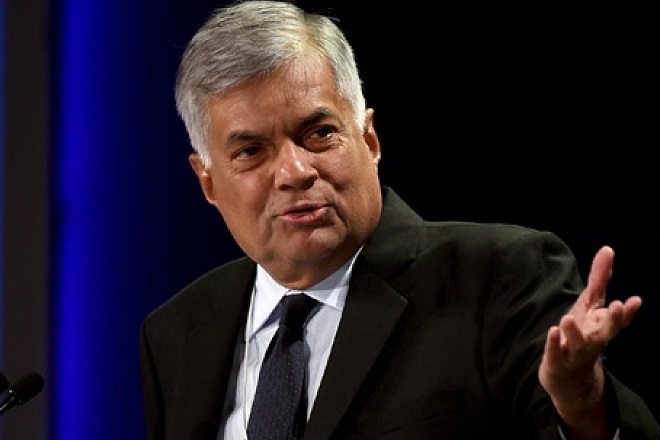
Ranil Wickremesinghe joined the (UNP) and progressed through its ranks. He was appointed as the chief organiser of the Kelaniya Electorate in mid-1970. He was later appointed as the chief organiser of the Biyagama Electorate, which he won in the 1977 Parliamentary Elections and entered parliament. He was appointed Deputy Minister of Foreign Affairs in the new government of JR Jayawardene. He was soon promoted to the Minister of Youth Affairs and Employment on 5 October 1977, making him the youngest cabinet minister of Sri Lanka.
During his term as Minister, he initiated the Sri Lanka National Guards, the National Youth Services Council (NYSCO), which provides vocational and career training to school leavers. Wickremesinghe was later made the Minister Of Education on 14 February 1980.
Under the Presidency of Ranasinghe, Premadasa Wickremesinghe was appointed Minister Of Industry on 18 February 1989, under which he initiated industrial reforms and established the Biyagama Special Economic Zone. In 1990, he was given the additional portfolios of Science and Technology. Wickremesinghe had competition from his senior colleagues in the UNP, Lalith Athulathmudali and Gamini Dissanayake, who had been rivals of President Premadasa. He was appointed the Leader of the House in 1989.
The People’s Alliance government alleged that Wickremesinghe, as Minister, was the political authority behind an illegal detention centre in Batalanda. A government-backed counter-subversive unit allegedly ran the housing and industrial complex outside Colombo between 1988 and 1990 as part of the state’s operation to suppress an armed struggle by the JVP. The People’s Alliance government of President Chandrika Kumaratunga appointed a Special Commission Of Presidential Inquiry to investigate the activities of Batalanda, and on 3 September 1997, Wickremesinghe was summoned to testify before the commission. The commission report was released on 12 April 1998. The commission was a fact-finding mission with no judicial powers. However, it recommended the government “bring the guilty to book”. One of its findings was that “Wickremesinghe and the SSP Nalin Delgoda, are indirectly responsible for the maintenance of places of unlawful detention and torture chambers in houses at the Batalanda Housing Scheme”. It further stated that Wickremesinghe held “unauthorised meetings of police officers involved in counter-insurgency operations in the housing complex, and that as such, he had abused his authority”. No criminal proceedings took place after that.


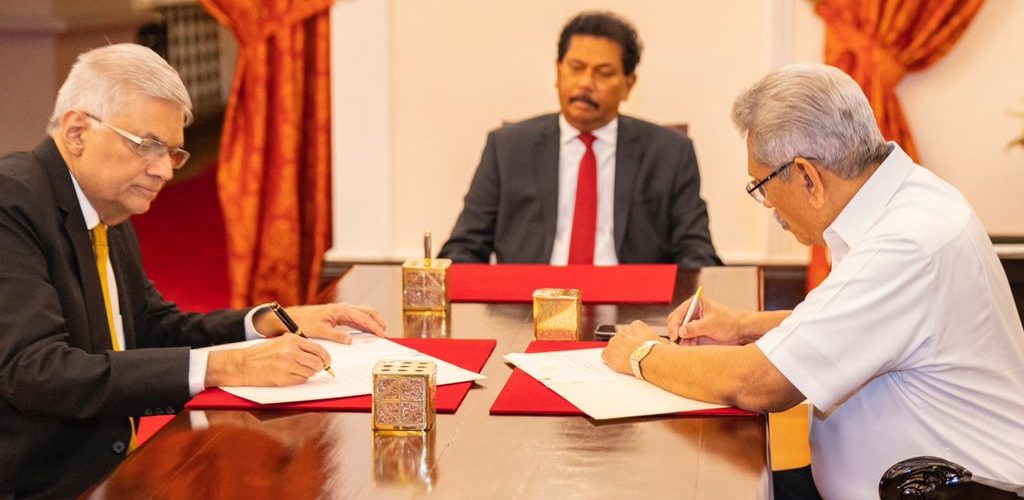





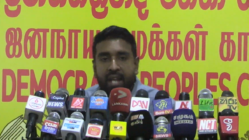
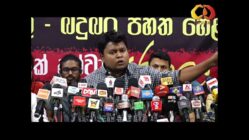

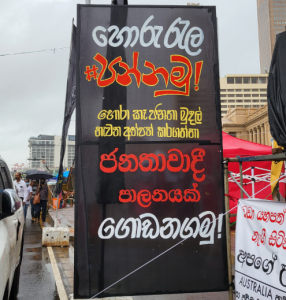

Add comment